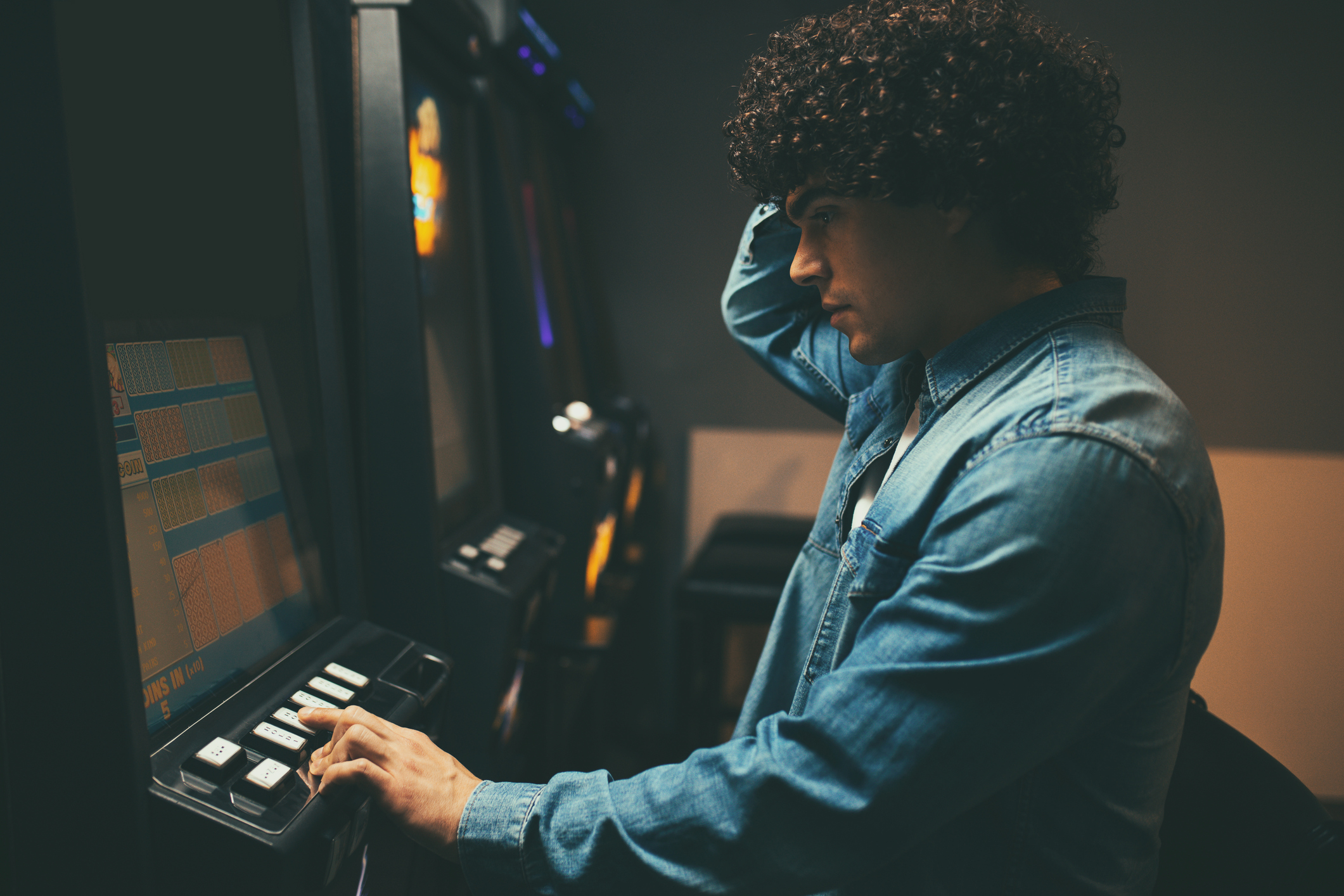-
On average, Australians spend $1,241 per year on gambling. While many only gamble occasionally with friends, more than 110,000 Australians are dealing with significant issues as a result of gambling with a further 280,000 people at 'moderate risk' of developing a serious gambling problem.
So how can you make sure you, or those you love aren’t at risk of developing an addiction to gambling? Responsible Gambling Awareness Week, held annually in October, aims to raise awareness about ways to recognise signs of problem gambling and the importance of knowing the risks and gambling responsibly.
“Knowing the risks and gambling responsibly in a controlled environment can be the difference between having fun and protecting you or someone you love from the devastating effects of problem gambling,” says Psychologist, Amy Webster of the Western Australian Gambling Helpline.
Ms Webster says responsible gambling requires three levels of responsibility; the individual, venue and community. Read the checklist below to see if you, or someone you love is at risk of problem gambling:
As an individual, do you:
- Understand that the house holds greater odds of winning than the player?
- Gamble in a social setting, with family, friends or colleagues?
- Gamble for limited amounts of time, both in frequency and duration?
- View gambling as entertainment and have predetermined and acceptable limits for losses?
Does your venue:
- Promote responsible gambling to customers and staff?
- Ensure gambling is separate from other activities in the venue?
- Recognize and act when it is clear customers are experiencing harm from gambling?
- Have responsible gambling policies and procedures or a code of practice clearly outlined/available?
Does your community:
- Demonstrate awareness of risks of gambling?
- Respond to community concerns about gambling?
If you answered no to two or more of these questions, Ms Webster recommends seeking help. It is important to recognise the signs when gambling becomes a problem for you. In addition to the questions above, check the questions below to assess your own gambling habits. Have you:
- Bet more than you could really afford to lose?
- Gambled with larger amounts to get the same feeling of excitement?
- Gone back another day to try to win back the money you lost?
- Borrowed money or sold anything to get money to gamble?
- Felt you might have a problem with gambling?
- Caused you any health problems, including stress or anxiety?
- Been criticized for your betting or told you that you had a gambling problem, regardless of whether or not you thought it was true?
- Caused any financial problems for you or your household?
- Have you felt guilty about the way you gamble or what happens when you gamble?
If you or someone you know has experienced any of the above or you are worried about someone else’s gambling, there is help available 24 hours a day, 7 days a week. Call the Problem Gambling Helpline on 1800 858 858.
Signs you might have a gambling problem

Australian Gambling Statistics, 32nd edition, Queensland Government Statistician's Office, Queensland Treasury
Gambling in Australia, Productivity Commission 2010
-
What causes bad breath?
Find out how to keep your mouth smelling fresh
-
Signs to look out for when a cold is getting more serious
When you should see a doctor for a cold.
-
The health checks to keep in mind at different stages in your life
Have you had these health checks?
-
Bowel cancer: risks, symptoms, diagnosis and treatment
Learn more about bowel cancer
-
Flu myths debunked
Is 'man flu' real? Can you catch the flu from the flu vaccine? We separate flu facts from flu fictions.
-
Where to get health support in Australia
An Overseas Student Health Cover member’s guide to key health services and when to use them.
Subscribe to receive the best from Live Better every week. Healthy recipes, exercise tips and activities, offers and promotions – everything to help you eat, move and feel better.
By clicking sign up I understand and agree to Medibank's privacy policy






